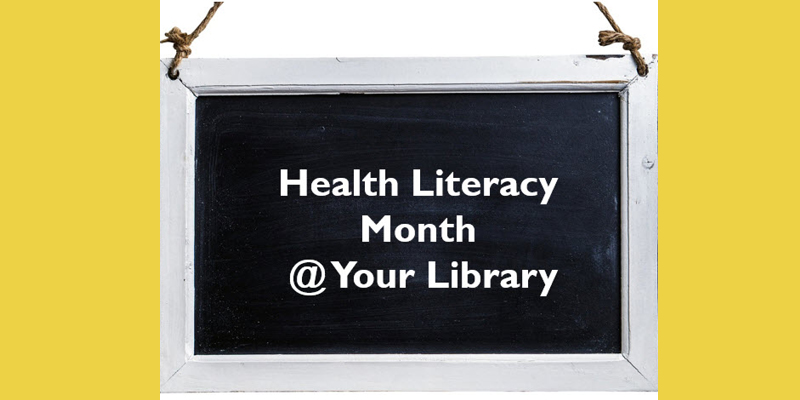Call for online learning proposals: Submit by Sept. 18, 2015 for ASCLA online courses, webinars
Access the online webinar submission form here.
Download a PDF of the webinar form to help you prepare your submission.
Access the online course submission form here.
Download a PDF of the online course form to help you prepare your submission.
ASCLA invites subject matter experts and experienced librarians with knowledge to share to submit proposals for ASCLA webinars and online courses to be presented between October 2015 and August 2016 as a part of ASCLA’s outstanding online learning offerings. See the list of suggested hot topics below.
ASCLA welcomes proposals on topics that will assist our diverse membership in improved service delivery and job performance, as well as topics that reflect ASCLA’s expertise and are valuable for all types of libraries, librarians and library support staff across the profession.
Proposals will be accepted through September 18, 2015 Webinars approved for presentation will be offered between Oct. 22, 2015 and August 31, 2016. Approved online courses will launch in November 2015 through August 2016.
What are we currently offering as webinars and online courses? Check them out at the ASCLA website. More information about the submission process and ASCLA’s online learning offerings is at the ASCLA website under the Online Learning section.
Webinar presenters and online learning instructors are compensated for their work (($150 to be split among webinar presenters; a development fee and per student rate for online courses) and will receive training and support for Adobe Connect, the webinar technology platform used by the division, and Moodle, the online tool used for courses.
Successful online learning proposals will:
- Show plans for content and presentation strategies that will fill the allotted time: 60-75 minutes for webinars, and 4-6 weeks for courses;
- Identify clear learning outcomes for participants;
- Clearly illustrate the qualifications of the presenter(s)/instructor(s) with respect to the proposed topic;
- IMPORTANT: Show how the presentation addresses a topic either of interest to ASCLA members or represents an area of ASCLA’s expertise that benefits other types of librarians. Proposals that are unique from other available online learning offerings are also highly valued.
Proposal topics for courses and webinars may include, but are not limited to the following:
- ADA updates for libraries
- Correctional libraries and Adult programming
- Assessing accessibility knowledge
- Benchmarks and evaluation measures
- Budgeting how-to’s for the first time manage
- Collaborative digitization
- Correctional/prison librarianship 101: covering the basics of a good prison/jail library
- Data analysis and assessment
- Dealing with learning disabilities
- Designing effective surveys
- Download training for patrons who use accessibility tools like screen readers
- E-books and cooperatives
- Emerging technologies for those with special needs, including apps and ipads
- Evaluating and improving cooperative services
- Evaluation content analysis
- Future trends in library service
- Grants: how to find grant funding and write your proposal
- Group purchasing
- Health literacy
- How to be a consultant
- How to be a futurist
- How to deliver online training
- How to hire a library consultant
- Innovations in library service
- Innovative services for an aging population
- Law librarianship for correctional librarians
- Library cooperatives: managing and improving services
- Low-literacy adults
- Marketing library services to special needs populations
- Marketing on a shoestring budget
- Navigating book selection sources
- Nonprofit leadership
- Outcomes-based education
- Outreach skills training
- Outreach to visually or physically handicapped populations
- Partnering with community organizations
- Recognizing great service in member libraries
- Seeking grants for consultancy work
- Serving library patrons with cognitive or mental impairments
- Standards and guidelines to improve library services to people with disabilities or people who are incarcerated
- Technology trends for special needs populations
- Training staff to serve library users with disabilities, and raising awareness of this important population
- Utilizing focus groups to prioritize services to the disabled
- Working with refugees.
Questions about submissions or about ASCLA’s online learning programs should be sent to Andrea Hill, ASCLA web manager and primary online learning contact at ahill@ala.org.

